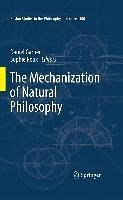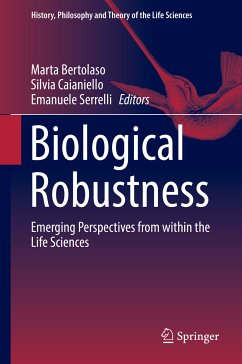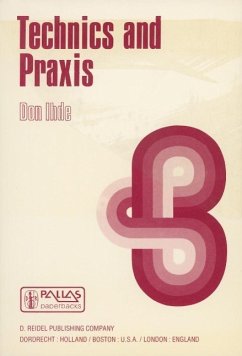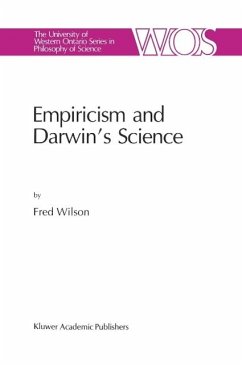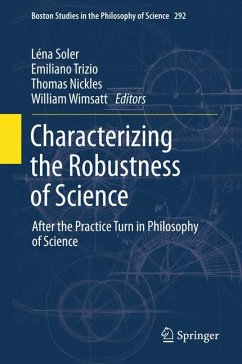
Characterizing the Robustness of Science (eBook, PDF)
After the Practice Turn in Philosophy of Science
Redaktion: Soler, Léna; Wimsatt, William; Nickles, Thomas; Trizio, Emiliano
Versandkostenfrei!
Sofort per Download lieferbar
112,95 €
inkl. MwSt.
Weitere Ausgaben:

PAYBACK Punkte
56 °P sammeln!
Mature sciences have been long been characterized in terms of the "successfulness", "reliability" or "trustworthiness" of their theoretical, experimental or technical accomplishments. Today many philosophers of science talk of "robustness", often without specifying in a precise way the meaning of this term. This lack of clarity is the cause of frequent misunderstandings, since all these notions, and that of robustness in particular, are connected to fundamental issues, which concern nothing less than the very nature of science and its specificity with respect to other human practices, the natu...
Mature sciences have been long been characterized in terms of the "successfulness", "reliability" or "trustworthiness" of their theoretical, experimental or technical accomplishments. Today many philosophers of science talk of "robustness", often without specifying in a precise way the meaning of this term. This lack of clarity is the cause of frequent misunderstandings, since all these notions, and that of robustness in particular, are connected to fundamental issues, which concern nothing less than the very nature of science and its specificity with respect to other human practices, the nature of rationality and of scientific progress; and science's claim to be a truth-conducive activity. This book offers for the first time a comprehensive analysis of the problem of robustness, and in general, that of the reliability of science, based on several detailed case studies and on philosophical essays inspired by the so-called practical turn in philosophy of science.
Dieser Download kann aus rechtlichen Gründen nur mit Rechnungsadresse in A, B, BG, CY, CZ, D, DK, EW, E, FIN, F, GR, HR, H, IRL, I, LT, L, LR, M, NL, PL, P, R, S, SLO, SK ausgeliefert werden.





